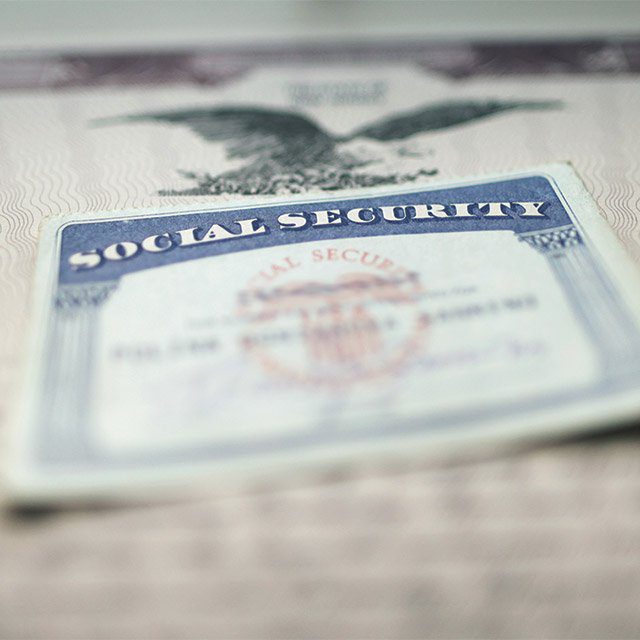A Time for Cheer (and Social Security Scams)

Notably, the SSA may email or text clients to share information about programs and services, but they will never ask for personal information via email or text.
More evergreen scams making the rounds this year include clients receiving fraudulent calls from a person claiming there is an urgent problem with the target’s Social Security number or account. Often, the scammers pressure tier target to act immediately, and to pay in a very specific way — two of the telltale signs of fraud.
Generally, if a person owes money to Social Security, they will receive a letter with payment options and appeal rights. The SSA only accepts payments electronically through Pay.gov, its online bill pay service, or by check or money order through its offices.
The SSA will never threaten a person with arrest or legal action because they don’t agree to pay money immediately. The SSA will also not “suspend” a person’s Social Security number, promise a benefit increase in exchange for money, or ask a person to send gift cards, prepaid debit cards, wire transfers, cryptocurrency or cash through the U.S. mail.
Clients or advisors who suspect they have been the target or the victim of fraudulent activity can report their experience on the SSA’s website here.




